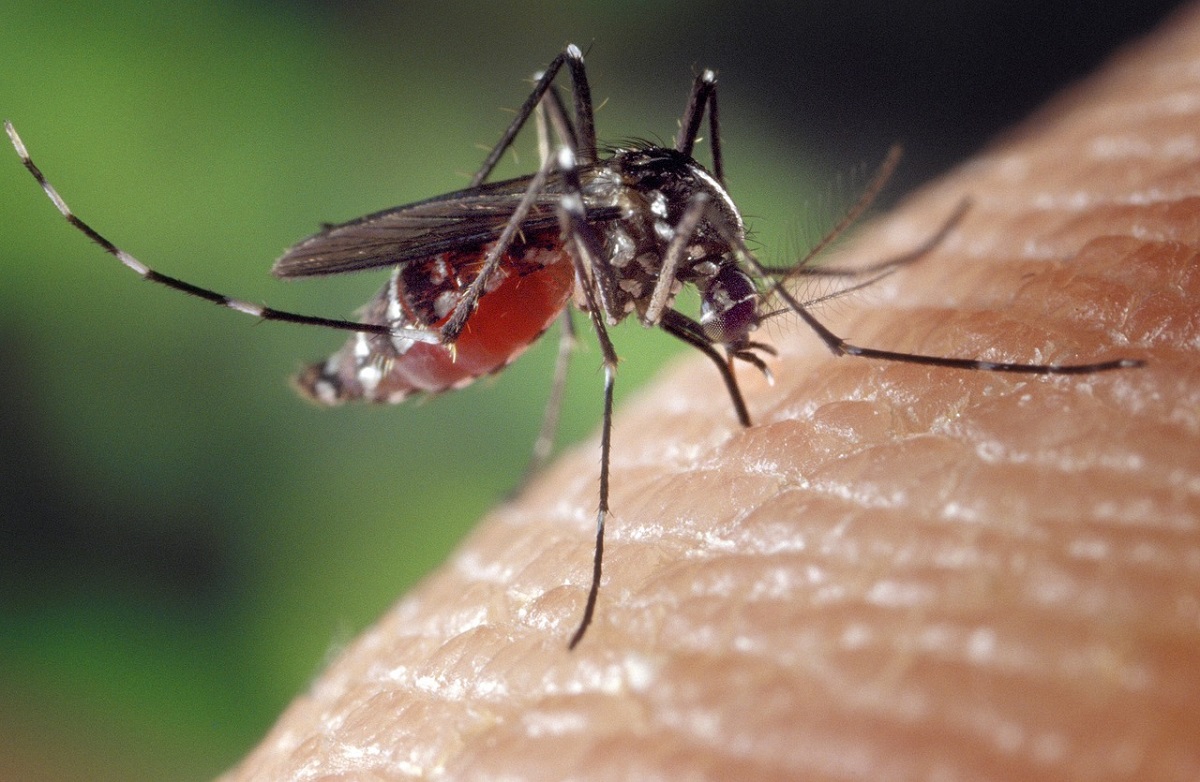
Genetic Technologies’ Potentials Go Beyond Malaria Control
December 1, 2022| |
A review paper published by scientists from the University of California in San Diego outlines the potential of genetic technologies, such as gene drives, that can help improve tools to control lesser-known vector diseases affecting humans, animals, and ecosystems.
The southern house mosquito (Culex quinquefasciatus), for example, is a nuisance biter known to transmit avian malaria, a disease responsible for the extinction of several bird species. CRISPR tools can be used to control the southern house mosquito and generate frameshift mutations to impede the function of an insecticide resistance gene that can potentially cause a decline in the spread of the insect. This option may prove to be more efficient and safer than the conventional management methods of insecticide spraying and larval reduction.
Genetic technologies also have the potential to help fight vectors of neglected tropical diseases in which no genetic tools are available to generate transgenic lines - most tools are intended for more known vector-borne diseases like malaria and dengue. Invasive species may also benefit from these genetic technologies. Invasive species are one of the biggest threats to American forest health and current methods to control its spread — like integrated pest management (IPM) approach - is expensive and sometimes inefficient.
As more options are considered, it should be noted that there are still important factors to account for when using genetic technologies to help solve problems involving human well-being, species conservation, and environmental health. These include benefits outweighing the risks, socio-economic and ethical considerations, and biosafety regulations.
To learn more, read the full article in Frontiers in Tropical Diseases.
| |
You might also like:
- Scientists Turn to Gene Editing to Manage Invasive Species
- Experts Explain How Gene Drives Control Invasive Species
- First Gene Drive in Mammals Could Help Eradicate Invasive Rodents
Biotech Updates is a weekly newsletter of ISAAA, a not-for-profit organization. It is distributed for free to over 22,000 subscribers worldwide to inform them about the key developments in biosciences, especially in biotechnology. Your support will help us in our mission to feed the world with knowledge. You can help by donating as little as $10.
-
See more articles:
-
Gene Drive Supplement (December 1, 2022)
- World-first Gene Drive Technology to Suppress Invasive Mice
- Research Film Talks about Gene Drive Grey Squirrels
- Scientist Call for Support for Gene Drive Research to Combat Malaria
- Genetic Technologies’ Potentials Go Beyond Malaria Control
- Technology Specifics Key to Efficient Risk Assessment, Says Experts
-
Read the latest: - Biotech Updates (February 18, 2026)
- Gene Editing Supplement (January 28, 2026)
- Gene Drive Supplement (February 22, 2023)
-
Subscribe to BU: - Share
- Tweet

